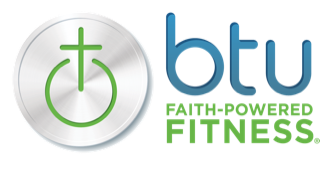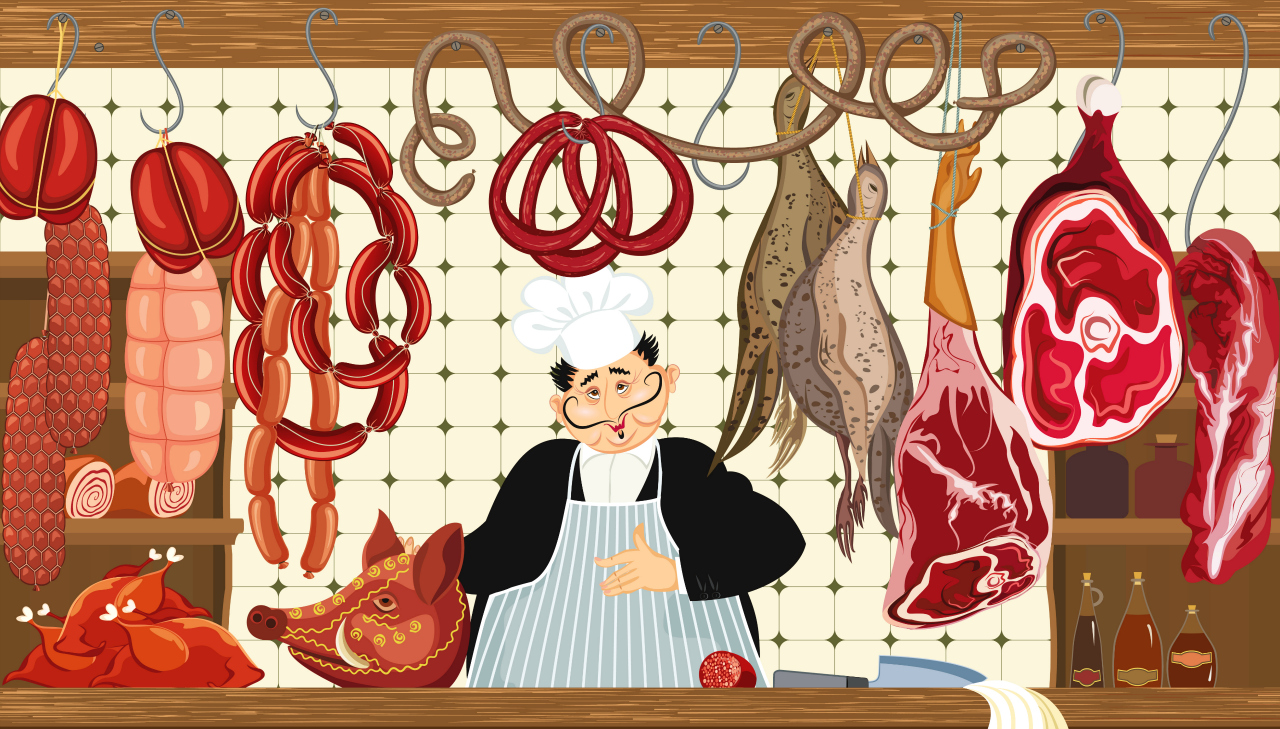“Are nitrates safe?” Questions like this pop up all the time and for good reason. It seems like everyday there is a new food or substance in the news that has been linked to cancer. It can be so overwhelming that I am often tempted to ignore it in hopes that it will just goes away. The problem is that sometimes there is some truth to a claim. For instance, we all know there is a real link between cigarette smoking and lung cancer. So instead of putting my head in the sand and ignoring a potential problem, the wiser choice is to investigate, research, and look at all aspects of a scientific claim.
One of these claims is the nitrites found in many foods is linked to many different kinds of cancer. I want to take a closer look at this and show that there are many arguments concerning the potential negatives of nitrites, as well as possible benefits.
Are Nitrates Safe: What Are They Anyway?
For this article, I am going to use nitrites and nitrates interchangeably. Either one can be added to meat to keep bacteria from growing on it, but once we consume them, nitrates are converted to nitrites in our digestive system.
Nitrites are found naturally in fruits and vegetables such as broccoli, cauliflower, collard greens, and root vegetables such as potatoes. The amount of nitrates found in vegetables depends on the soil and the fertilizers used. Organic vegetables are grown without the use of commercial nitrate fertilizers and thus the nitrate concentration is minimized but not eliminated.
Nitrites are found naturally in fruits and vegetables such as broccoli, cauliflower, collard greens, and root vegetables such as potatoes. The amount of nitrates found in vegetables depends on the soil and the fertilizers used.
Sodium nitrite, which is a synthetic food preservative, is used quite a bit and is found on many lists of ingredients for processed meats, especially cured meats and poultry. The Food and Drug Administration monitors the level of nitrites added to foods and sets maximum levels of the preservative. The most commonly used nitrites is sodium nitrite (and sodium nitrate). It is added to cured meats as a preservative, as well as give them a smoky flavor and pink color. Please keep in mind there is a difference between eating nitrates added to foods as preservatives and consuming them via produce. The cured meats with this highest concentration of nitrites are ham, bacon, pastrami, salami, hot dogs, and sausages.
Another surprising source of nitrate is from our own saliva. Our bodies produce nitrates in large amounts and secrete them into saliva. Nitrates and nitrites circulate from the digestive system, into the blood, then into saliva and then back into the digestive system. These nitrates seen to function as antimicrobials in the digestive system, helping to kill pathogenic bacteria like Salmonella.
Nitrites are not all bad. For instance, they are very effective at decreasing the prevalence of botulism. Botulism is a very serious and sometimes fatal illness spread by toxins that are produced by the bacteria Clostridium botulism.
Are Nitrates Safe: Should I Be Concerned?
Nitrates and nitrites are not so much the concern, but rather what your body does with them. After you consume them, they form something called nitrosamine. Nitrosamine is a carcinogen and has been linked to various kinds of cancers. A study in 2011 in the European Journal of Cancer Prevention asked participants to fill out surveys regarding how often they ate processed meats. The results showed that people who ate more servings of processed meats were more likely to develop certain types of cancers, including stomach and colon. Please remember that is only one study. I do not want to be an alarmist. Small amounts of nitrites won’t harm you. Furthermore, most studies linking nitrates to cancer are from animal studies in which the animals were given extremely large doses of nitrates. More research needs to be done to determine safe upper limits.
However, and this is super important, nitrates and nitrites cannot convert in nitrosamine (bad cancer causing compound) if an antioxidant such as vitamin C is present. Therefore, the nitrates and nitrites found in vegetables is not a concern because they cannot form nitrosamine. In fact, most of the nitrites and nitrates we consume come from vegetables. Similarly, the people who eat a lot of cured meat but also got plenty of vitamin C and other antioxidants had no increase in caner rates.
Are Nitrates Safe: The Other Side of the Argument
There is hardly ever a black and white answer in nutrition. And all too often, professionals end up back tracking and reversing a stance which was previously considered gospel… low-fat craze ring a bell?
There is an argument that dietary nitrites can actually be beneficial for health. It is known that nitrate ingestion widens arteries. This is why sublingual nitrate (Nitrostat) can be used to resolve an episode of angina pectoris (angina). Also there is some evidence that nitrates reduce blood pressure. More research is needed to determine if dietary nitrates are helpful or harmful when the source of nitrates is found in a fruit or vegetable.
Are Nitrates Safe: So Which Is It… Helpful or Harmful?
First of all, there is a distinct difference between nitrates found naturally in produce and nitrates added as a preservative. Nitrates that occur naturally are found alongside compounds like vitamin C that inhibit their conversion into nitrosamine (cancer-causing substance) in the body. But when we eat nitrates and nitrites in food artificially treated with them, we may not be getting the complementary nutrients (anti-oxidants) and their preventative effects. So while synthetic nitrates are not likely harmful, especially in the quantities in which we consume them, they’re not as beneficial as natural nitrates. Natural is better. Go figure.
Are Nitrates Safe: What Can I Do?
If you’re still concerned about the potential safety of nitrates, here are a few options. You can easily incorporate these suggestions into your lifestyle to ensure that the nitrites and nitrates you are consuming will not be harmful to your health.
- Minimize consumption of processed foods and cured meats such as hot dogs, sausage, cold cuts, and bacon.
- If possible, buy organic produce. They are not grown with synthetic nitrogen which can boost a food’s nitrate content.
- Check your drinking water for nitrate toxicity if you live in an agricultural region. Run off from fertilizers and animal waste can increase the amount of nitrate found in water drinking water. If you are concerned, contact your water supplier or if your water comes from a private well, contact your state certification officer for a list of laboratories that will perform test on drinking water.
- Eat a diet high in antioxidant such as vitamin C.
Are Nitrates Safe: Conclusion
So there you have it. Everything you need to know (and maybe more than you cared to know) about nitrites found in our diet. As always, there is no easy answer about what is off limits and what is healthy. The research conflicts itself, leaving the consumer in limbo. I do know one thing for sure: Moderation is the key! If you want a hot dog at the baseball game then go for it. Just don’t make it a part of your daily diet. As is always the case, eating a well-balanced diet with a variety of fruits and vegetables is your safest bet.


